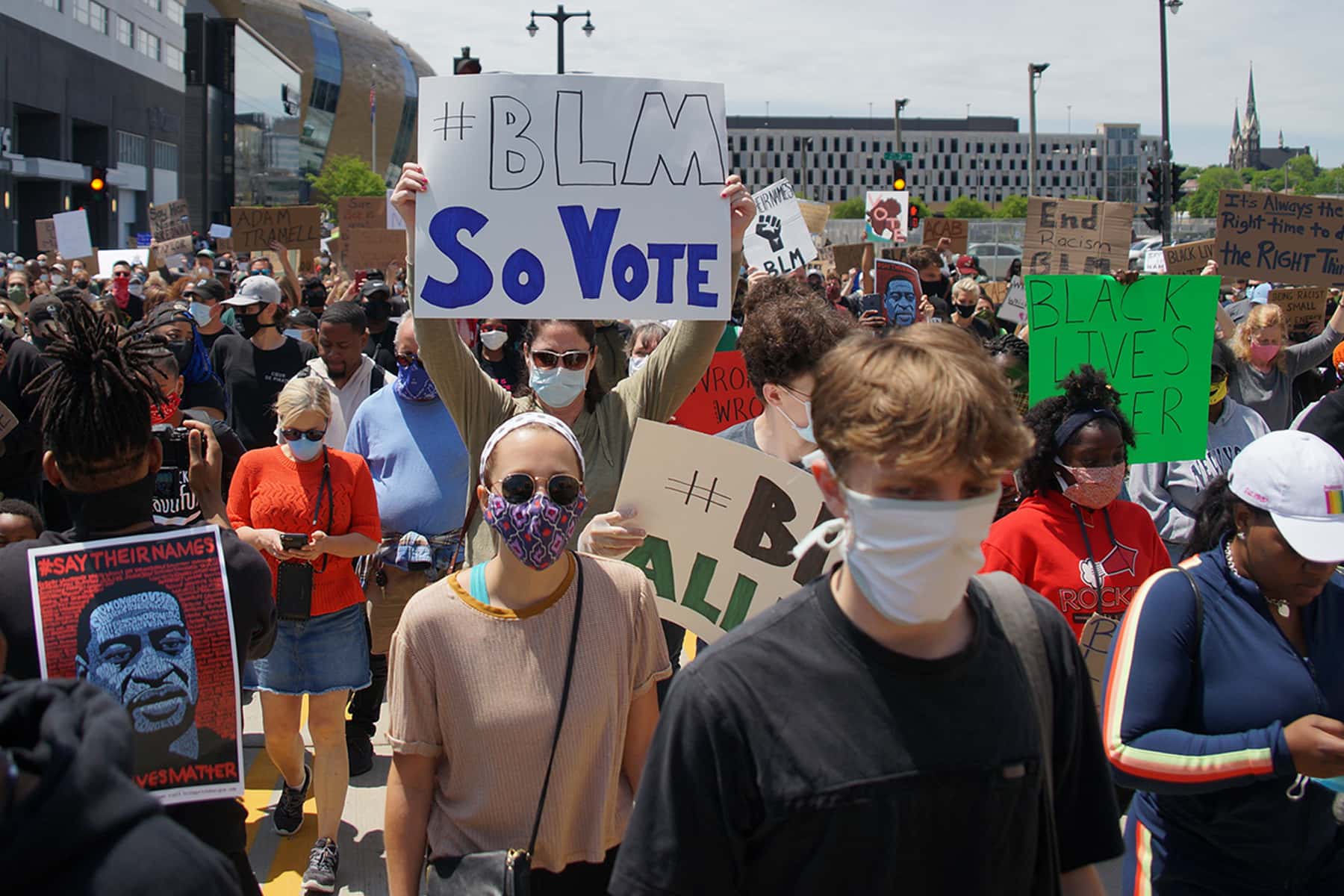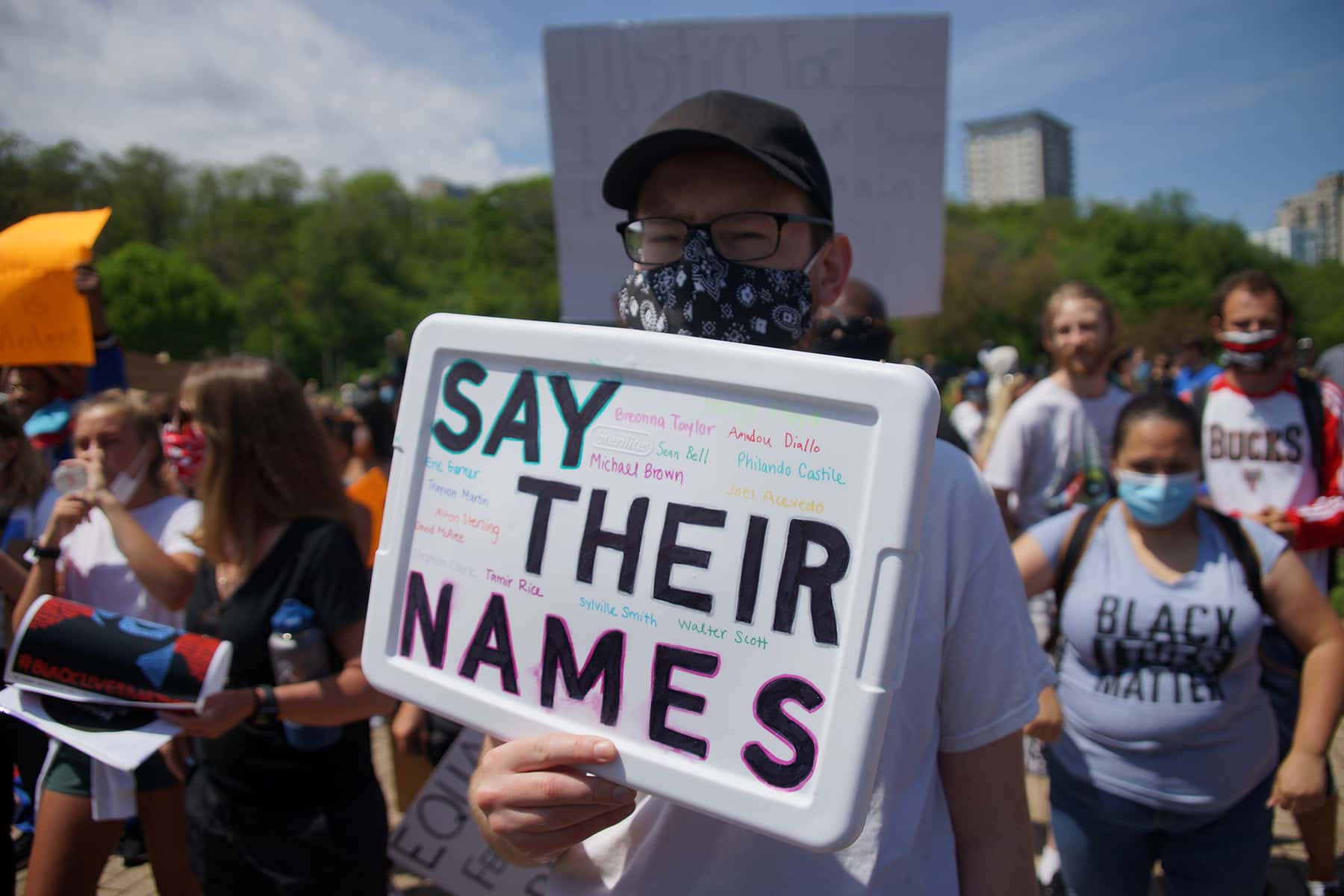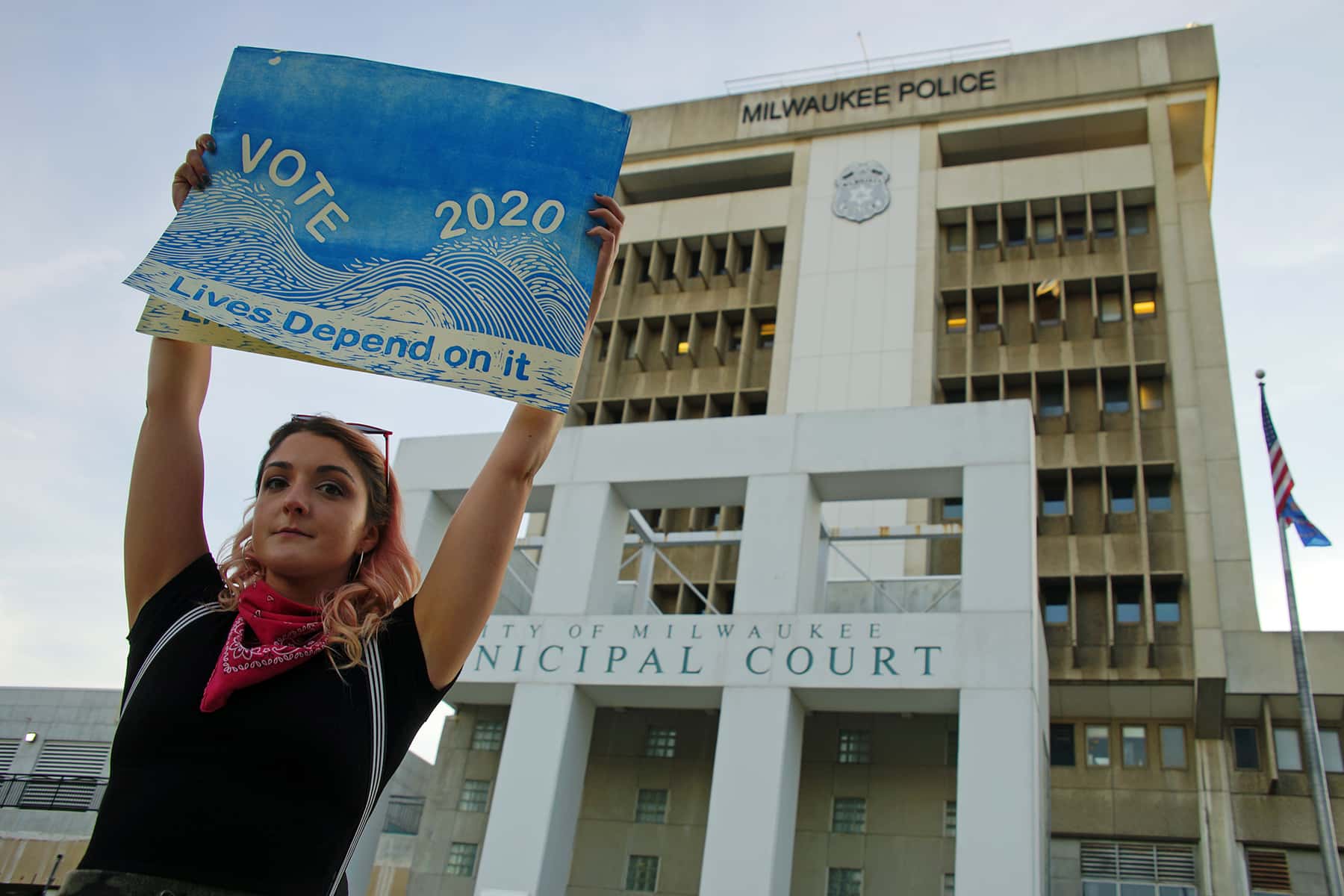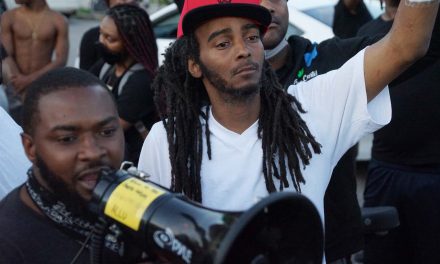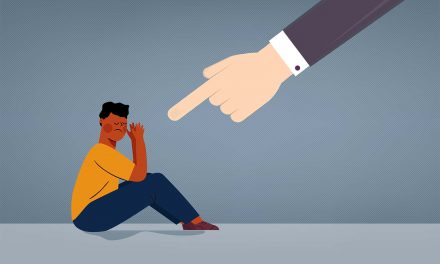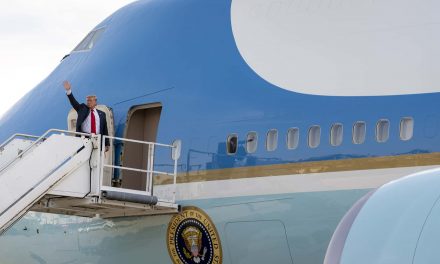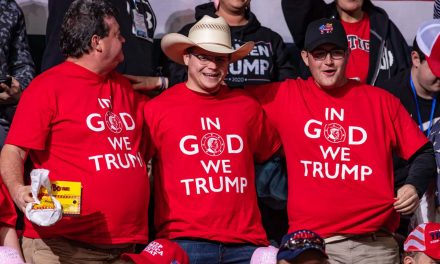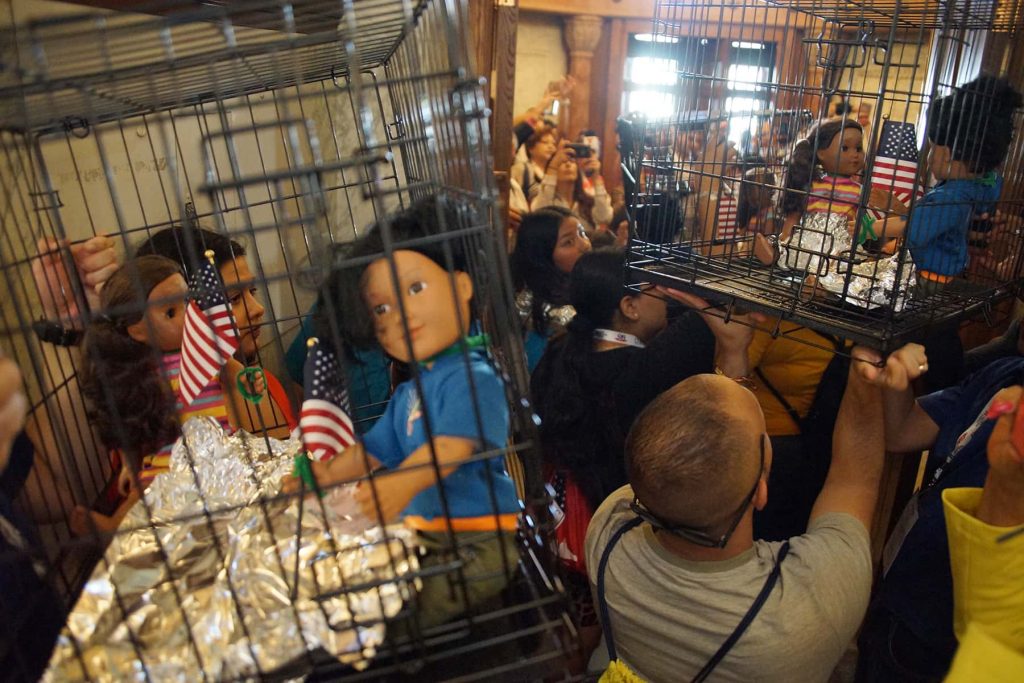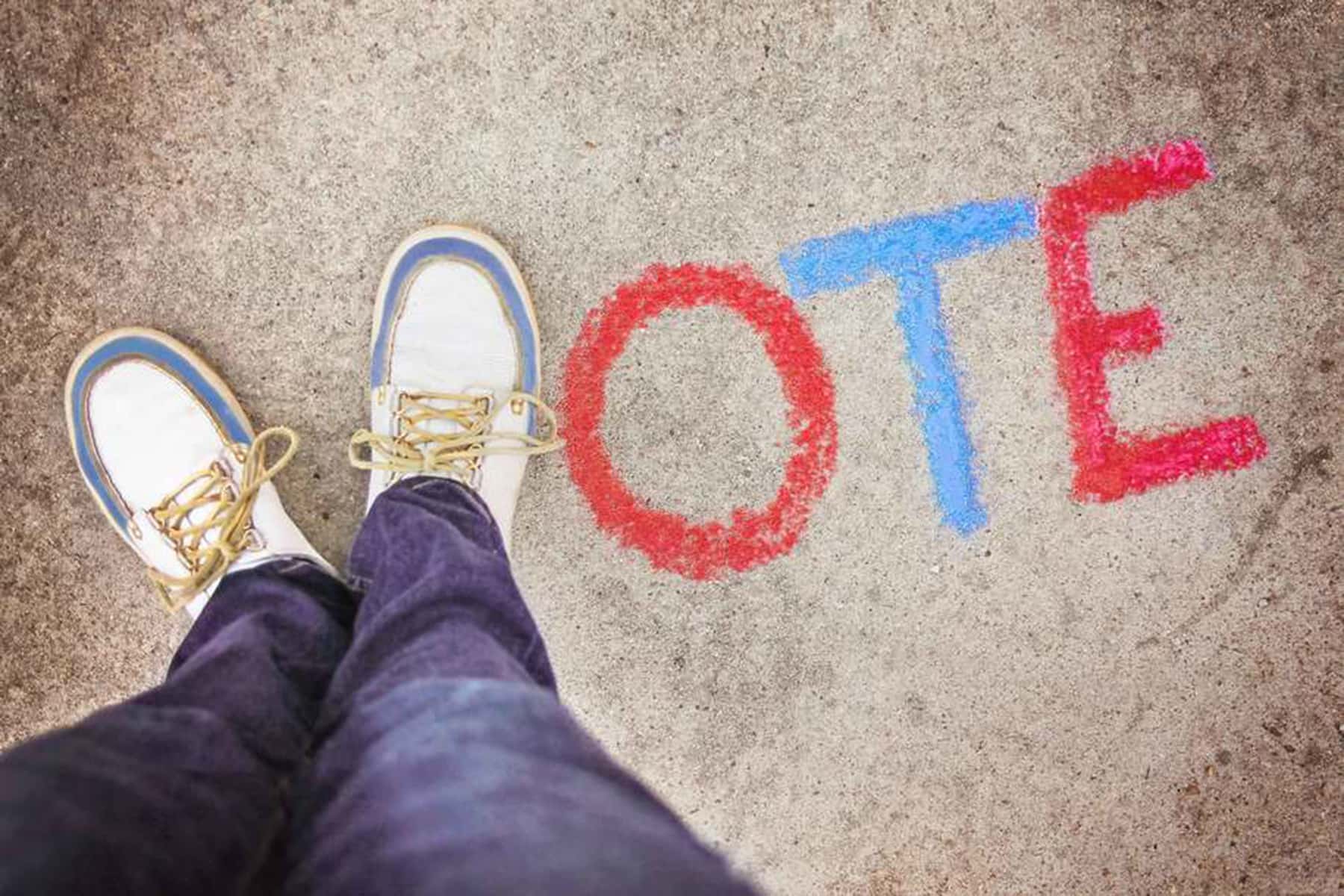
As I stood recently inside a glorious mass of humanity moving through the city streets with fists and signs and voices raised, I found my mind wandering.
Even as I basked there in the radiant glow of disparate people assembling to celebrate black life and demand its defense, even as I joyfully gorged on the Tweets and photos streaming in from similar gatherings through the country, even as my tear-blurred eyes widened at the scale of the outpouring — I realized it could easily be for not, that it could all be a futile exercise.
I looked around at the staggering beauty and had a sobering thought. It was the same thought I had witnessing the displays of solidarity in Philly and DC and New York City, and in small towns in Oregon and South Florida and Tennessee:
I hope these people are registered to vote.
Protests are powerful things. They are a necessary visual reminder that we are not alone. They help provide a sense of scale in dark days; to right size the threats that seem so towering. They burn away the myth that we are the only ones twisted inside and driven to sleeplessness and brought to our knees. They give us a chance to stand with a tribe of affinity as a tangible response to the things that collectively burden us.
Protests are awe-inspiring and goosebump-inducing and breathtakingly cathartic moments, but protests don’t vote.
They can’t craft legislation and they won’t protect people in danger a month from now or a year from now or a decade from now. They won’t jettison corrupt leaders from their well-fortified perches of power. They can’t reach into the labyrinthine hallways and cloistered rooms where those charged with protecting us decide our fates. They can’t tip the scales of our political process back toward decency.
Protests are indeed powerful things, but they can’t hold a candle to votes. Protests can encourage imperiled people for a day. Votes can save them for a lifetime.
These protests and marches and demonstrations and acts of civil disobedience can’t be a landing pad, they have to be a launching pad. If the events of this week don’t catalyze us into changing the political landscape, it will have been an exercise in self-medication; a temporary high that for a moment allows us some short escapism — but does nothing to alter the terrifying reality we find ourselves in and that others will find themselves in.
This week we spoke out against senseless violence and predatory politicians and toxic systems and ignorant bigotry and corrupt officers. We affirmed the value of black lives in a mighty and diverse chorus that has been steadily growing. We cheered and applauded and exhorted one another, and we cultivated hope together there on the same asphalt where young black men died. It was medicinal for weary souls starved for a little good news.
And here in the afterglow of such clear and unmistakable goodness, the real work begins. We need to register to vote. We need to register others to vote. We need to canvas neighborhoods. We need to financially support political candidates committed to equality, diversity, and justice and to reforming law enforcement. We need to build social media groups and community organizations and interfaith partnerships, to be as focused over many months as we were for a few days.
This is how we make Black Lives Matter. This is how we renovate the systems. This is how we protect our children. This is how we eject racist politicians.
It’s the same way we marginalize the bigots, protect Muslims, embrace refugees, welcome immigrants, It’s how we collapse the gun lobby and dismantle the fake news of FoxNews. It’s how we protect students and teachers from terror, how we stand with bullied gay teenagers, how we care for poor families and sick children and elderly couples. This is how we help America be its best self.
This is the way we legislate in ways that perpetuate the protests.
These days have been born by the premature and violent deaths of people of color, human beings who deserve to be here but are not. They need us to do more than remember and praise and applaud them. They need us to do more than turn their images into icons we wear on our chests, and their names into brief hashtag decorations.
They need us to enter the spaces they cannot, and to be as passionate and persistent and courageous as we’ve tried to be this week. They need us to show up and cast votes on behalf of them. We cannot let these students down by letting this moment remain simply a moment.
We The People of every color and religious tradition, every political affiliation and gender identity, every nation of origin and sexual orientation—we need to protest now and we need to not stop. We need to protest all the way to November, all the way to the polls; to speak there with one massive, unified, unwavering voice.
We need to say their names there: the names of George Floyd and Ahmaud Arbery and Breonna Taylor and Tamir Rice and Eric Garner and Philando Castile and Trayvon Martin and Dontre Hamilton. We need to declare the value of a black life there. We need to demand justice there. We need to make our thunderous presence felt there.
If we do that we will look back on these days, not as merely a powerful but fleeting moment of defiance and celebration, but as the beginning of an enduring season of true revolution.
John Pavlovitz
The original version of this Op Ed was published on johnpavlovitz.com
John Pavlovitz launched an online ministry to help connect people who want community, encouragement, and to grow spiritually. Individuals who want to support his work can sponsor his mission on Patreon, and help the very real pastoral missionary expand its impact in the world.

